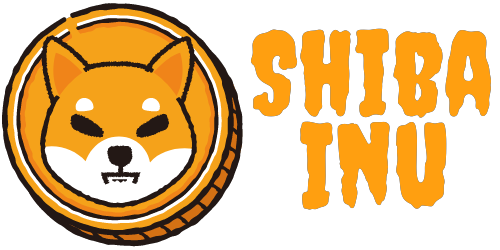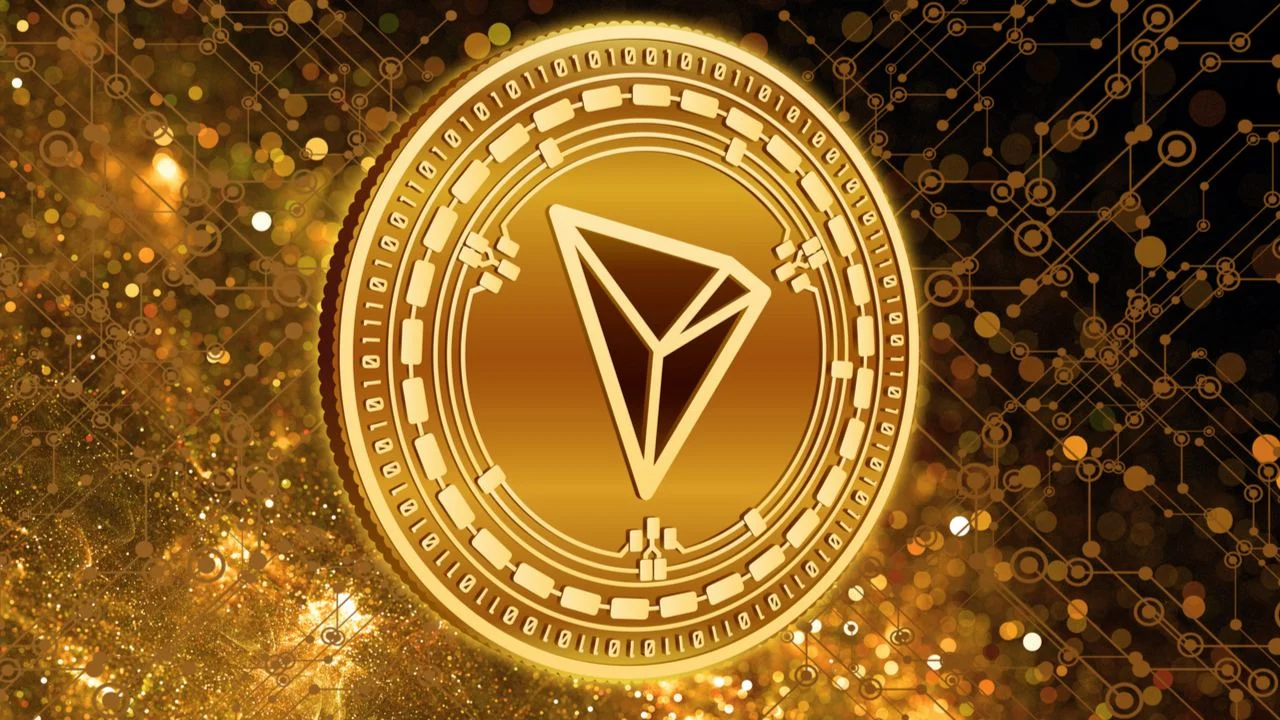In the ever-evolving landscape of blockchain technology, Tron (TRX) has emerged as a dynamic force, captivating the attention of enthusiasts and industry players alike. This article embarks on a comprehensive exploration of Tron’s blockchain, unraveling its origins, key features, and the transformative potential it holds for decentralized applications and content distribution.
Tron, founded by Justin Sun in 2017, aims to construct a decentralized internet where content creators can interact directly with their audiences, eliminating intermediaries. The platform is built on the principles of transparency, fairness, and efficiency, with a focus on providing a scalable and user-friendly blockchain infrastructure.
Tron employs a Delegated Proof-of-Stake (DPoS) consensus mechanism to validate transactions and secure its network. DPoS enhances scalability by allowing a selected group of delegates to validate transactions, reducing the time and energy required for reaching consensus. This design choice positions Tron as a fast and scalable blockchain platform.
Smart Contracts and Decentralized Applications (DApps):
Tron’s blockchain supports smart contracts, enabling developers to create decentralized applications (DApps) that run on the network. The platform’s robust infrastructure and compatibility with the Ethereum Virtual Machine (EVM) have contributed to the rapid growth of its DApp ecosystem, spanning various industries, including gaming, finance, and entertainment.
At the heart of the Tron ecosystem is the native cryptocurrency, TRX. Beyond serving as a medium of exchange, TRX plays a pivotal role in governing the network. TRX holders have the ability to participate in the platform’s decision-making processes, contributing to the democratization of the Tron blockchain.
Tron’s acquisition of BitTorrent, a peer-to-peer file-sharing platform, paved the way for Project Atlas. This integration aims to incentivize users with TRX for sharing their resources, fostering a more decentralized and efficient content distribution network. Project Atlas represents a bold step towards reshaping the digital content landscape.
While Tron has achieved significant milestones, it has not been immune to challenges, including concerns about centralization. The platform, however, continues to evolve and address these issues through protocol upgrades and community engagement. Ongoing developments, such as the introduction of the Sun Network for scalability, showcase Tron’s commitment to innovation.
Tron’s blockchain, characterized by its scalability, smart contract capabilities, and visionary leadership, stands at the forefront of blockchain innovation. As it continues to expand its ecosystem and foster decentralized applications, Tron holds the potential to redefine the way content is distributed and accessed on the internet, marking a significant chapter in the evolution of blockchain technology.




